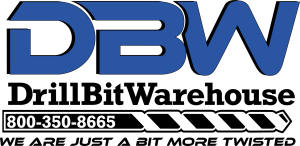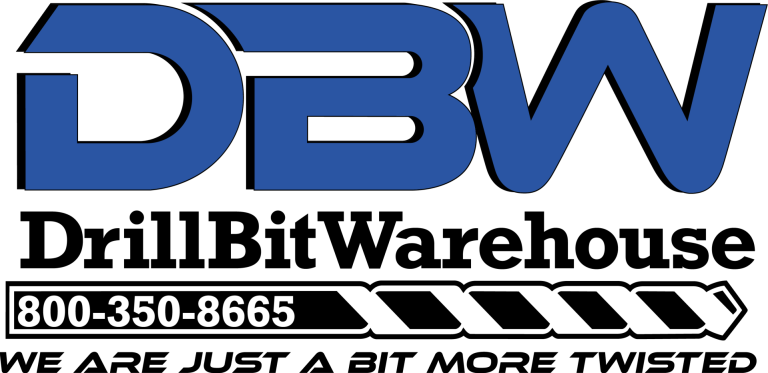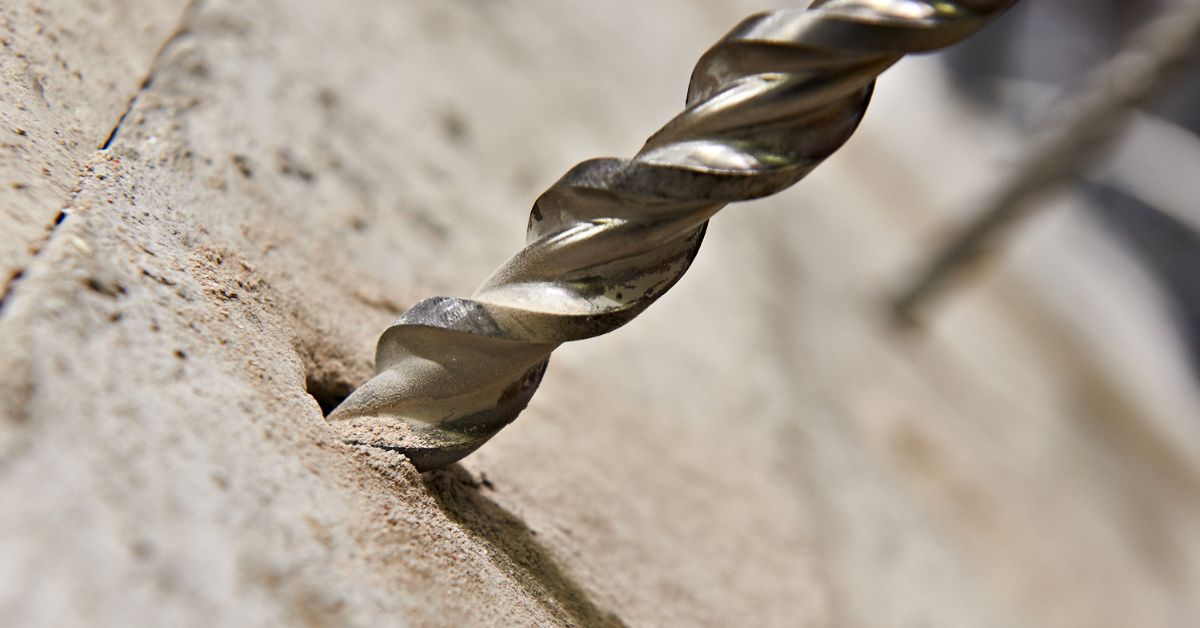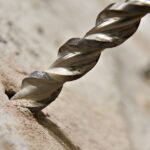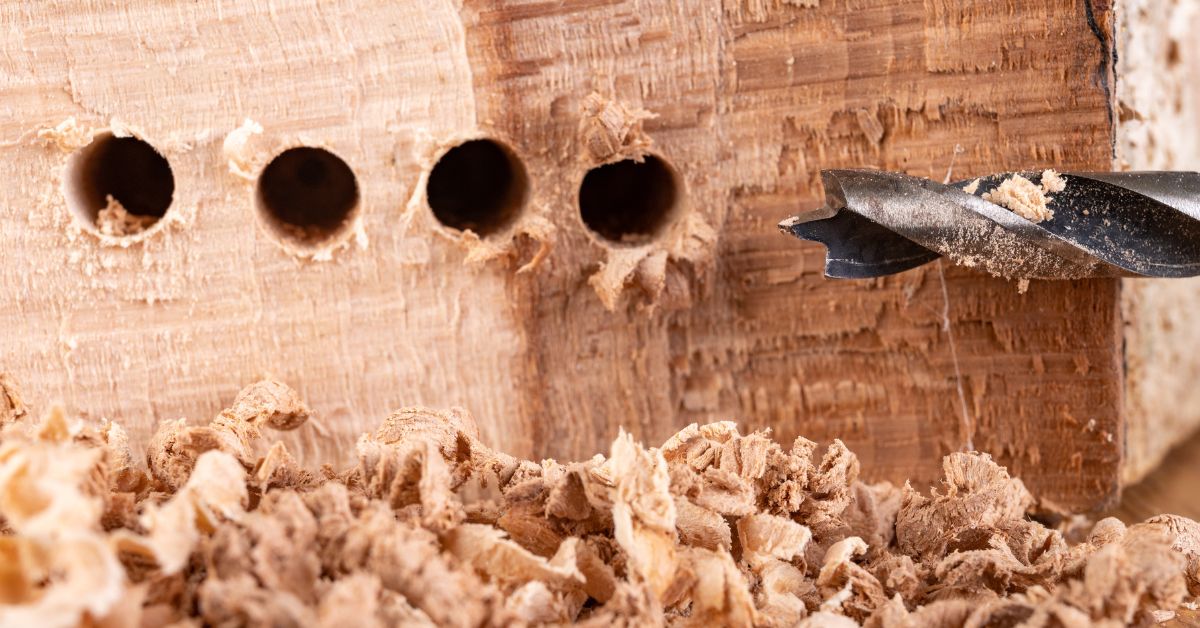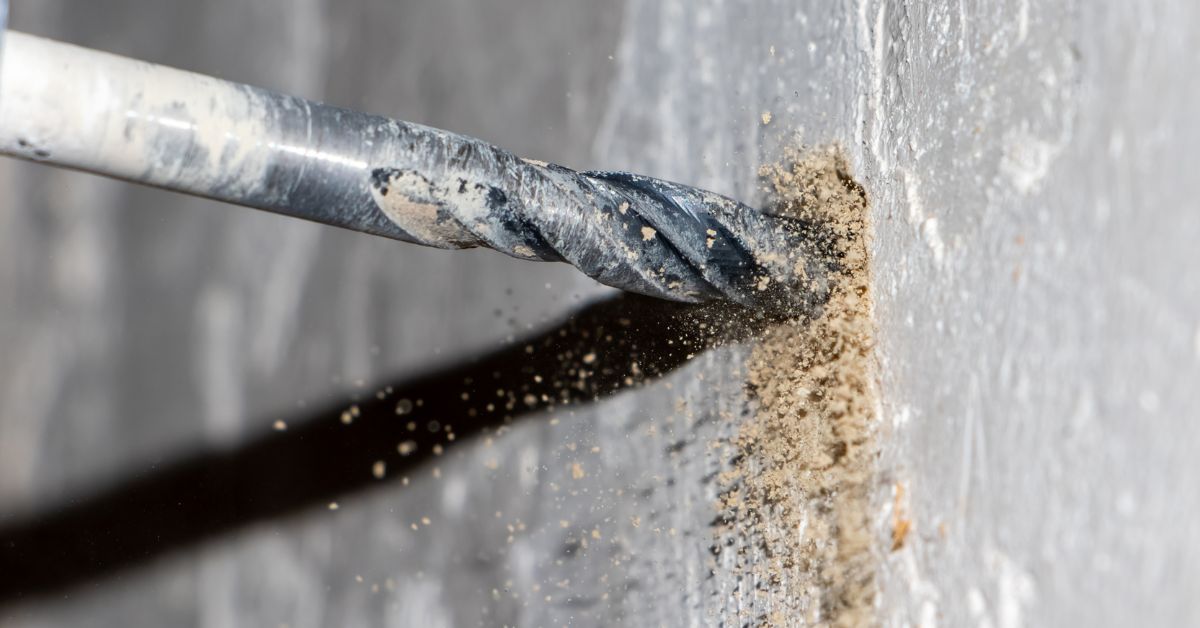High-quality metal cutting requires workers to use the proper techniques and skills to cut the most precise holes. Whether working on a small project or a large-scale operation, knowing the advanced methods available can save you time and resources while delivering superior results. Let’s take a deep dive into identifying what advanced techniques are best for drilling precise holes in metal.
Center Punching
Center punching is a crucial first step in drilling precise holes in metal. It involves using a center punch to create a small dimple on the metal surface, which guides and prevents the drill bit from wandering off course.
Tips on Using Center Punching
- Ensure you are using a sharp center punch for the best results.
- Place the metal on a stable surface before punching.
- Take a hammer to the material. By firmly pressing in with the hammer, you lessen the chance of deforming a thinner metal.
Pros and Cons
Pros:
- Easy to perform with minimal tools.
- There is a clear starting point for drilling.
Cons:
- It requires manual effort.
- It may not be suitable for very thin or delicate metals.
Pilot Hole Drilling
Pilot hole drilling involves initially drilling a smaller hole before changing it to your desired size. This method helps reduce the risk of the drill bit slipping and makes the process smoother and more precise.
Tips on Using Pilot Hole Drilling
- Start with a smaller drill bit, roughly 30–50 percent of the final hole size.
- Use lubrication to reduce friction and heat.
- Use larger drill bits until you reach the desired hole diameter.
Pros and Cons
Pros:
- Improved accuracy and control
- Reduced stress on larger drill bits
- Precise hole diameter
Cons:
- Time consuming
- Frequent drill bit changes
Drill Press
A drill press is a stationary tool that offers greater stability and precision compared to handheld drills. It allows for controlled drilling and consistent results, which is especially useful for repetitive tasks.
Tips on Using Drill Press
- Securely clamp the metal workpiece to prevent movement.
- Adjust the speed settings according to the metal type.
- Use a coolant or lubricant to manage heat build-up during drilling.
Pros and Cons
Pros:
- High precision and accuracy
- Suitable for drilling multiple holes with consistent results
- Diminished operator fatigue
Cons:
- Requires significant workshop space
- Higher initial investment costs
Step Drilling
Step drilling involves using a step drill bit with a conical shape and progressively larger cutting diameters. This method is excellent for drilling large holes in thin metal sheets without needing multiple bits.
Tips on Using Step Drilling
- Use slower speeds to prevent overheating.
- Apply steady pressure to ensure clean cuts.
- Ensure the drill bit is sharp and clean before starting.
Pros and Cons
Pros:
- Ideal for thin metals
- Multiple drill bits not required
- Smooth and clean hole edges
Cons:
- Unsuitable for thicker metals
- Expensive
Carbide-Tipped Drill Bits
Carbide-tipped drill bits are great for drilling tough metals. They offer superior hardness and heat resistance, making them ideal for tougher drilling tasks where other bits fail.
Tips on Using Carbide-Tipped Drill Bits
- Use a low feed rate to avoid overheating the bit.
- Apply a suitable lubricant to extend the bit’s life.
- Ensure the drill bit is aligned correctly and securely fastened.
Pros and Cons
Pros:
- Extremely durable and long-lasting
- Effective on hard metals like stainless steel
- Stay sharper longer
Cons:
- Higher cost compared to standard drill bits
- Requires careful handling to avoid breakage
Peck Drilling
Peck drilling is a technique where metalworkers withdraw the drill bit to remove chips and allow coolant to reach the hole. It is beneficial for deep holes and hard metals.
Tips on Using Peck Drilling
- Set the drill to retract after short intervals.
- Use appropriate coolant to minimize heat.
- Maintain a consistent feed rate throughout the process.
Pros and Cons
Pros:
- Avoids drill bit clogging
- Reduces heat buildup
- Minimizes tool wear
Cons:
- Slower than continuous drilling
- Needs precise control and monitoring
Tips on Picking the Best Advanced Technique for Drilling Holes in Metal
Selecting the right advanced hole drilling technique enhances your efficiency and the quality of your work. The following tips will help you choose the most suitable method:
Assess the Metal Type
Different metals require different approaches. Techniques such as step drilling can be highly effective for softer metals like aluminum. Harder metals like stainless steel benefit from carbide-tipped drill bits for precise and efficient drilling.
Consider Hole Size and Depth
The hole’s depth and size are crucial factors. For smaller diameters, center punching combined with pilot hole drilling works wonders. Step drilling is your best bet for larger holes, particularly in thin sheets. For deeper holes, peck drilling can prevent overheating and tool wear.
Evaluate Equipment Availability
Your choice may depend on the tools you have at hand. If you own a drill press, leverage its stability for enhanced precision. Conversely, working with a handheld drill, techniques like center punching and pilot hole drilling can provide excellent results.
Think About Production Volume
If you need to drill a large number of identical holes, a drill press offers significant advantages in terms of repeatability and speed. Manual techniques like center punching and pilot hole drilling are adequate for occasional or one-off projects.
Prioritize Safety
Some methods, like using a drill press, inherently offer greater safety by reducing manual handling and controlling the workpiece more securely. Always consider the safety implications of your technique, particularly with harder metals that generate more heat and wear on tools.
Budget Considerations
While advanced techniques can offer superior results, they sometimes require an upfront investment. Determine your budget for tools and equipment—high-quality carbide-tipped drill bits or a step drill bit set may have a higher initial cost but provide long-term benefits through durability and performance.
So choose the advanced metal drilling method that best meets your specific project requirements, and you’ll be able to count on precision, efficiency, and exceptional outcomes every time.
Drill Bit Warehouse: Where Precision Meets Accuracy
Mastering these advanced techniques for drilling precise holes in metal can dramatically improve your work quality and efficiency. Whether it’s center punching, pilot hole drilling, using a drill press, or peck drilling, each method has unique advantages and applications.
To achieve the best results, always consider your project’s requirements before picking a technique. And remember, having the right tools at your disposal is crucial. Investing in cobalt drill bits for hardened metal from Drill Bit Warehouse can make all the difference for those dealing with particularly tough metals. Start applying these advanced techniques today and witness the remarkable improvements in your metalworking projects!

